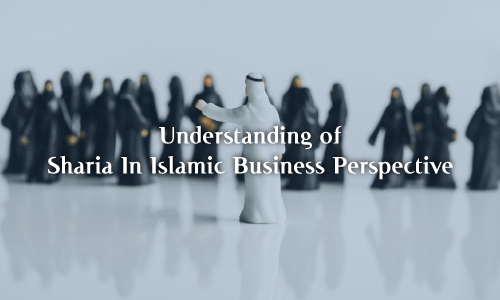
Summary: Indonesia, a nation characterized by vast cultural and geographical diversity, is widely recognized for its strong philanthropic engagement. The country has consistently ranked among the most charitable nations globally, as evidenced by high levels of voluntary giving and religiously motivated donations. However, despite this widespread culture of generosity, Indonesia continues to grapple with significant economic inequality. The wealth distribution remains highly disproportionate, indicating inefficiencies in the mechanisms that mediate between charitable contributions and their intended socioeconomic impact. This paper aims to analyze the paradox of a highly charitable society coexisting with pronounced economic disparity, examining the structural inefficiencies in philanthropic fund management and proposing reforms for enhanced economic redistribution.
The Disparity Between Philanthropy and Economic Inequality
Indonesia's predominantly Muslim population provides substantial potential for religiously motivated philanthropic contributions, particularly through mechanisms such as zakat, infaq, and waqf. However, empirical data suggests a considerable gap between the projected potential of these funds and their actual mobilization. This discrepancy is further exacerbated by the concentration of wealth in the hands of a small fraction of the population.
The growing disparity is evident in the rising net worth of Indonesia’s wealthiest individuals, while a significant portion of the population continues to struggle with financial insecurity. This situation highlights that the issue is not a lack of public generosity but rather structural inefficiencies within institutions responsible for collecting, managing, and distributing philanthropic funds. Effective wealth redistribution requires a systematic approach, incorporating governance improvements and institutional modernization to bridge the gap between charitable intent and economic impact.
The Role of Philanthropy in Economic Redistribution
Philanthropy, within an economic framework incorporating religious and ethical principles, serves both spiritual and socioeconomic functions. Unlike taxation, which is often perceived as a…

















